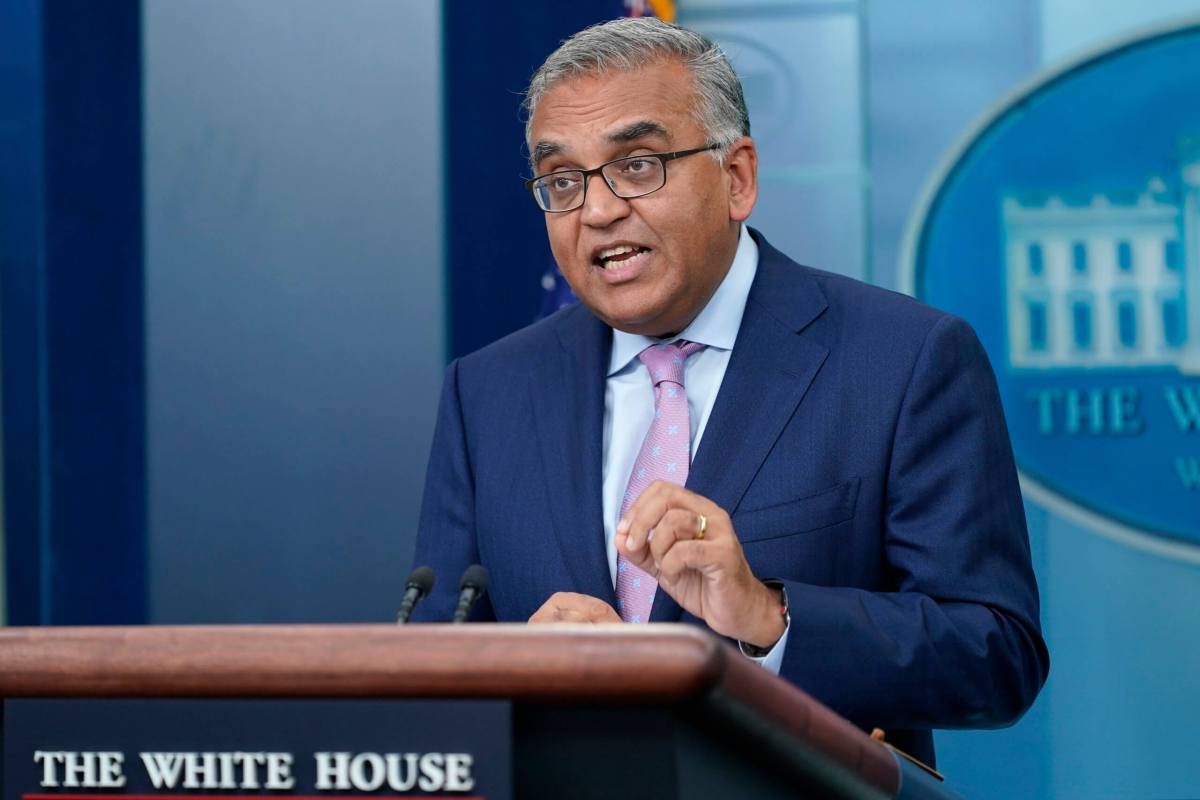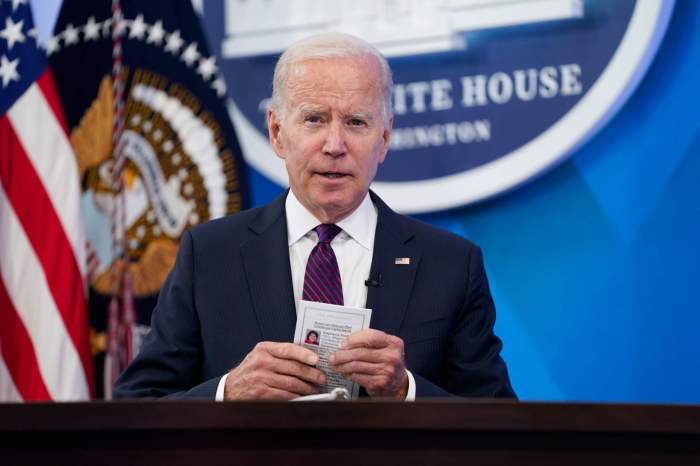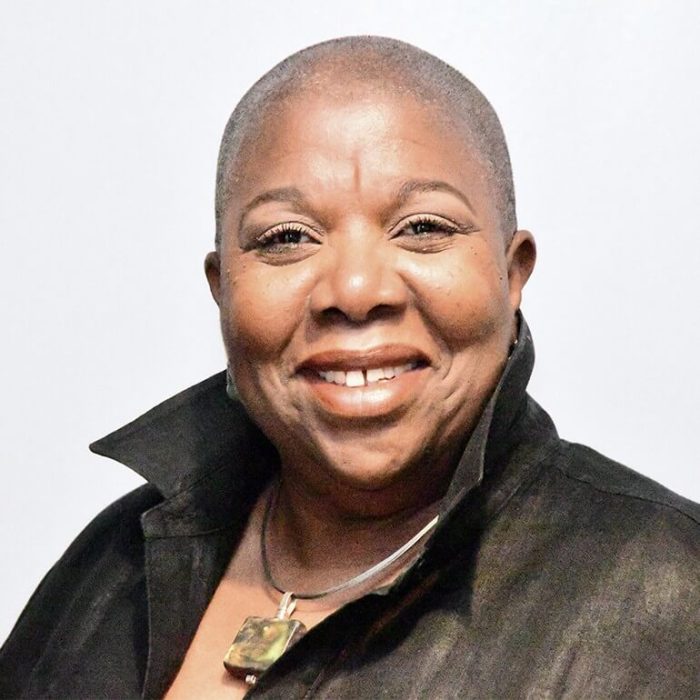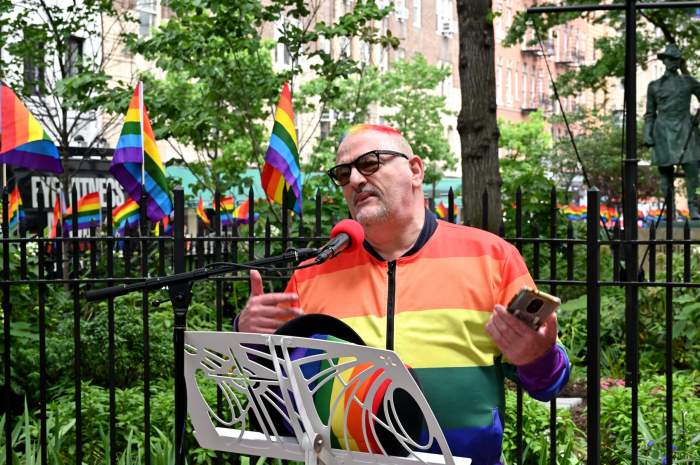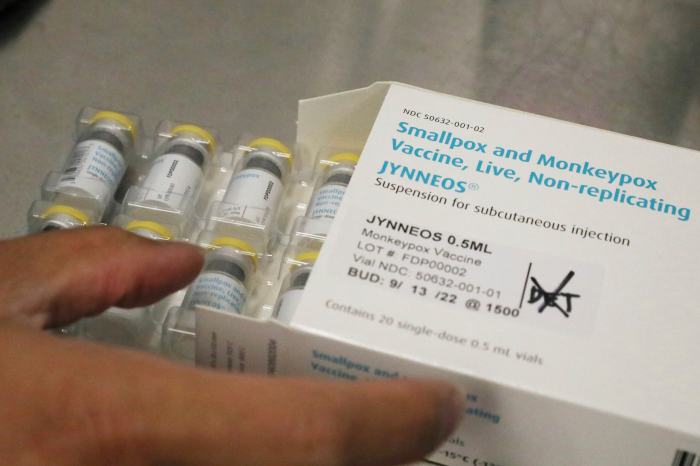The White House is working to generate awareness around the COVID booster shot while simultaneously encouraging outreach efforts to connect individuals to the flu and monkeypox vaccines.
The Biden administration rolled out a multi-pronged campaign on October 25 to promote COVID booster shots and treatments before the looming winter season sets in across the country. Federal officials are asking business and education leaders to spread the word about the booster and several different corporations are distributing both vaccines and treatment to communities — including vulnerable populations such as seniors.
Still, even as the White House acknowledges the importance of vaccinating older adults, the administration is also putting an emphasis on getting more shots into the arms of younger people.
“It is critical to get vaccinated as soon as possible,” Dr. Cameron Webb, a senior policy advisor for equity and member of the White House COVID Response Team, said during an interview with Gay City News on October 25.
The updated COVID booster — known as the bivalent booster — is open to anyone who is five years or older and has not received a booster or the primary vaccine series in at least two months.
Webb stressed the importance of “meeting people where they are” in terms of COVID vaccination and treatment — and that includes reaching out to people in the LGBTQ community and other diverse groups across the nation. The Department of Health and Human Services (HHS), for example, is kicking off an awareness campaign with local, TV, radio, and print ads in English and Spanish, as well as ads featuring football and country music themes. Webb did not point to any specific examples of plans to promote the COVID booster in the LGBTQ community.
The White House is also calling for improved access to care in the ongoing fight against COVID. The White House announced that Americans in underserved communities would be able to receive free delivery of Paxlovid, the oral COVID treatment, as part of a collaboration between Walgreens, DoorDash, and Uber.
A combined 19 million doses of the Moderna and Pfizer booster shots have been administered so far in the United States, according to the Centers for Disease Control and Prevention (CDC). A total of more than 613 million doses of the original Pfizer and Moderna shots have been administered.
Meanwhile, a White House press release promoting the COVID booster shot repeatedly underscored the importance of getting flu shots, but made no mention of monkeypox, which has leveled off in October but continues to spread nonetheless. The Jynneos monkeypox vaccine calls for two doses about four weeks apart, though the shot has also been offered intradermally, or between layers of skin, to stretch a single dose further.
When asked about confronting monkeypox and COVID at the same time, Webb told Gay City News that it is not as much of a balancing act as it is a simultaneous effort led by different teams in the Biden administration. The White House’s monkeypox response coordinator is Robert Fenton and the deputy coordinator is Dr. Demetre Daskalakis, who previously worked in the New York City Health Department.
In early October, activists from ACT UP, PrEP4All, and African Services Committee urged the Biden administration to do a better job of connecting at-risk populations and people of color to the monkeypox vaccine.
CDC statistics show that monkeypox vaccination rates started to drop in late September and continued to dip in October. After reaching an all-time weekly high of more than 108,000 doses (including first and second shots) during the week of August 7 through August 13, a total of just 38,000 doses were administered during the week of October 9 through 15.
The dip in monkeypox vaccine doses has coincided with a decrease in monkeypox cases. There were more than 500 cases in a given day on three separate days in August, but the United States has not reported a day with more than 100 monkeypox cases nationwide since October 11.
COVID cases have been slowly decreasing since July 27 when the weekly caseload was 924,235. The most recent weekly caseload, reported on October 19, was 260,808.

